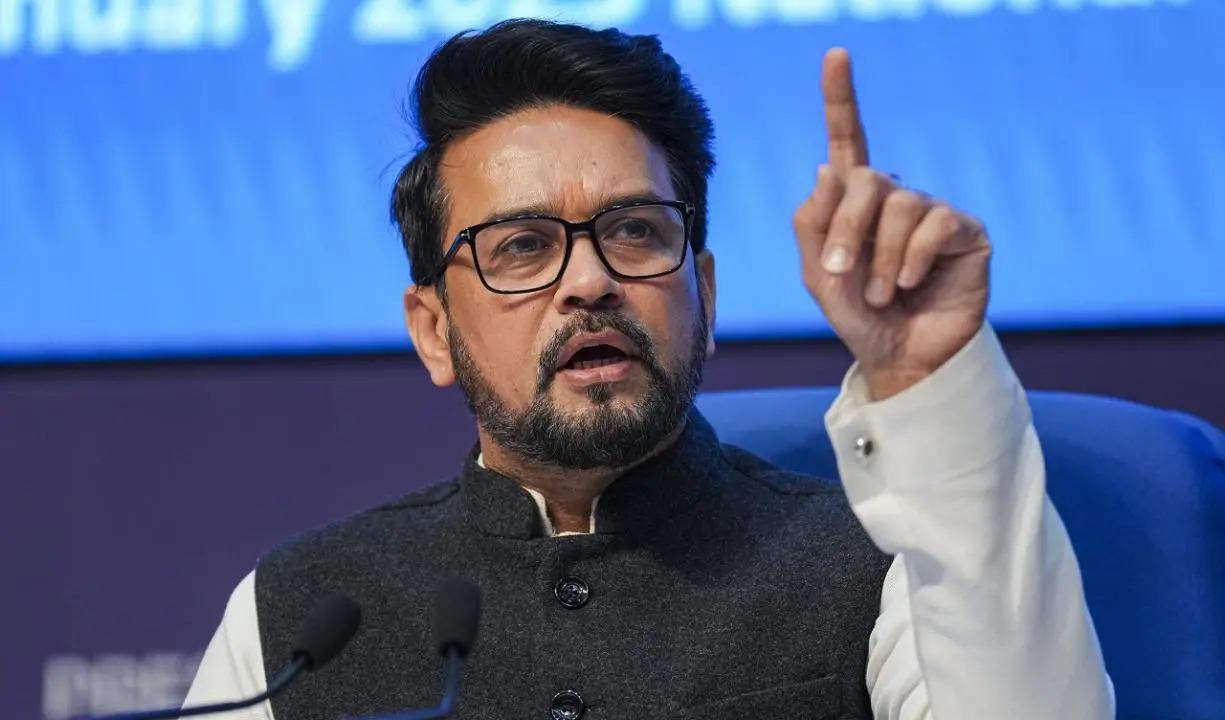The Union Cabinet on Wednesday approved an increase of four per cent in the dearness allowance for Central Government employees and Dearness Relief (DR) for pensioners. This has been done to compensate against price rise, the government said. The Cabinet also approved a productivity linked bonus (PLB) equivalent to the wages of 78 days for the financial year 2022-2023 for all eligible non-gazetted employees of the Indian Railways.
The press statement released by the government said, “This increase is in accordance with the accepted formula, which is based on the recommendations of the 7th Central Pay Commission.”
Another press statement from the Ministry of Finance noted that the combined impact on the exchequer on account of both the Dearness Allowance and Dearness Relief will amount to Rs 12,857 crore per annum. The move will benefit approximately 48,67,000 Central Government employees and 67,95,000 pensioners.
At present, more than ten million Central Government employees and pensioners are receiving 42 per cent of their basic pay as dearness allowance. The dearness allowance for employees and pensioners is determined based on the Consumer Price Index for Industrial Workers (CPI-IW), which is issued by the Labour Bureau each month.
The last revision of the dearness allowance was undertaken on March 24, 2023, and was effective from January 1, 2023. The allowance is subject to periodic revisions twice a year.
Additionally, the Union Cabinet approved what is colloquially known as the ‘Diwali Bonus’ for Railway staff. The Indian Railways recorded a loading of 1509 million tonnes of cargo and carried nearly 6.5 billion passengers in FY23. “In recognition of this excellent performance by the Railway staff, the Union Government has approved payment of a PLB of Rs 1,968.87 crore to 11,07,346 railway employees,” said the Union Cabinet in a press release.
Those eligible for the PLB include track maintainers, loco pilots, train managers (guards), station masters, supervisors, technicians, technician helpers, pointsmen, ministerial staff and other Group ‘C’ staff. However, Railway Protection Force and Railway Protection Special Force personnel are not covered under the PLB scheme.
Earlier this year, railway labour unions had called for a revision in the minimum salary levels used to calculate PLBs. They argued that PLBs are still being disbursed based on the minimum salary fixed by the 6th Pay Commission, even though the recommendations of the 7th Pay Commission have been implemented by the national transporter for years.
Visit www.cagurujiclasses.com for practical courses











